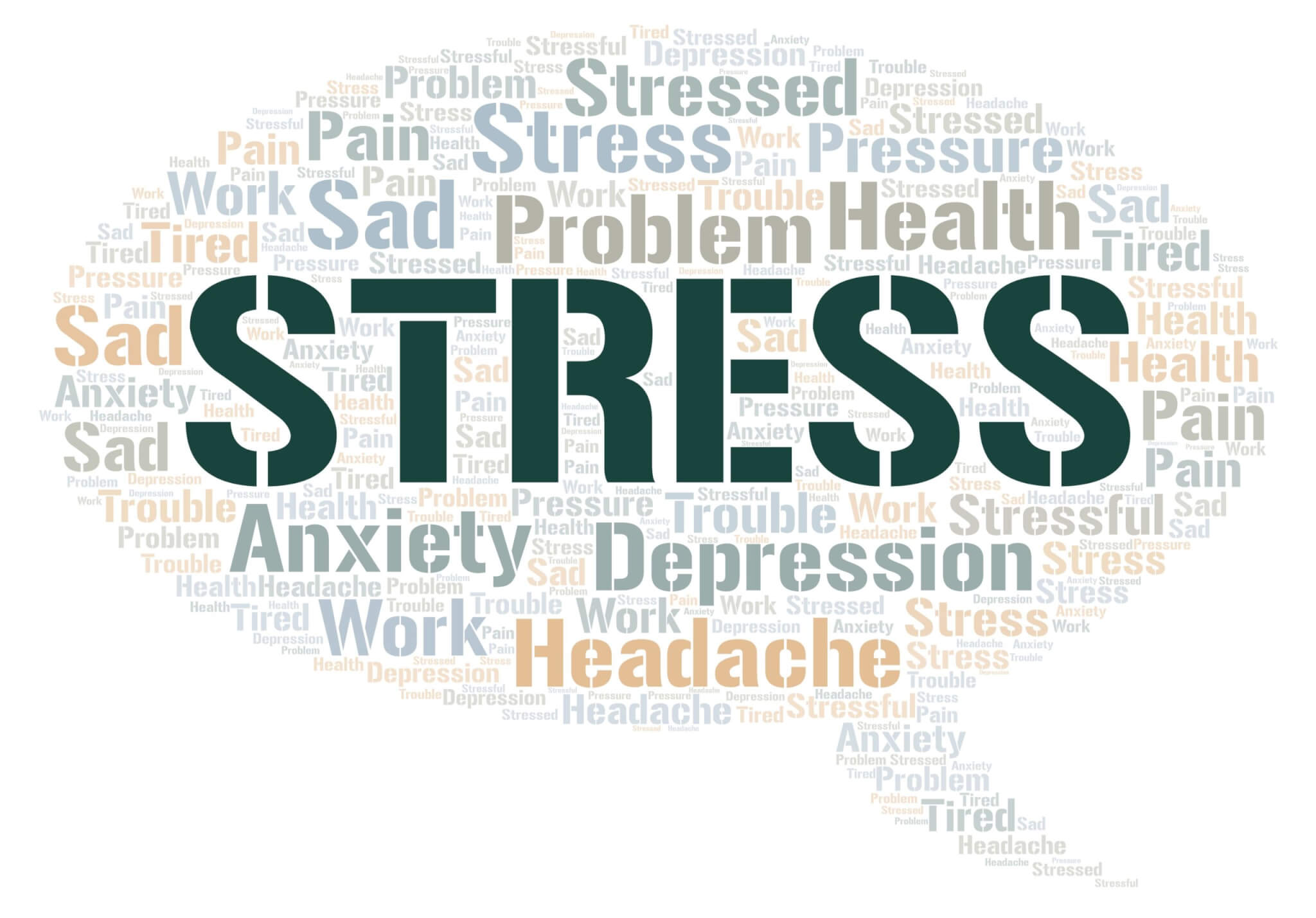
Understanding Stress and Stress Management
Stress management is a vital skill for maintaining well-being in today’s fast-paced world.
Stress is a normal part of life, especially for busy professionals juggling work, relationships, and personal responsibilities. While some stress can be motivating, ongoing pressure can take a toll—physically, mentally, and emotionally.
This page explores what stress is, how it affects your well-being, and what you can do to manage it more effectively. We’ll also share a practical approach we use at Mile High Psychology to help clients move toward meaningful and lasting change.

Common Sources of Stress
Stress often builds from multiple sources at once—particularly when work, family, and personal demands all converge. Common contributors include:
- Work demands – Heavy workloads, long hours, unclear expectations, or feeling under appreciated
- Family responsibilities – Juggling parenting, caregiving, and household duties
- Life transitions – Relocation, career change, divorce, or loss
- Financial concerns – Worrying about debt, budgeting, or rising living expenses
- Health challenges – Coping with medical issues or the cost of care
- Uncertainty and instability – Navigating changes in the economy, politics, or public health that can feel unpredictable or unsettling
- Feeling unsafe or excluded – Managing the emotional toll of being misunderstood, marginalized, or unsupported in daily life
It’s not uncommon to experience more than one of these at the same time—especially if you’re raising children while working, managing a chronic condition, or navigating a major life transition.

How Stress Affects Your Health
Stress can take a real toll on our mind and body.
Short-Term Effects
In the moment, stress may cause:
- Headaches or muscle tension
- Trouble sleeping
- Upset stomach or digestive issues
- Feeling anxious, irritable, or overwhelmed
- Difficulty concentrating
Long-Term Effects
Over time, chronic stress may increase your risk for:
- High blood pressure or heart disease
- Weight gain or blood sugar changes
- Anxiety or depression
- Digestive problems (like IBS or ulcers)
- Frequent colds or slower recovery from illness
- Sleep disturbances or burnout
- Substance use as a way to cope

Stress Management and the Mind-Body Connection
Stress is not only about what’s happening around us—it’s also shaped by how we interpret and respond to those experiences.
Demanding situations can lead to exhaustion and cognitive overload, but it’s often our mental processing that amplifies the toll.
Patterns such as excessive worry, rumination, self-doubt, or negative self talk can escalate the stress response and diminish our sense of well-being.
Our greatest weapon against stress is our ability to choose one thought over another.
William James

Stress Management: You Don’t Have to Manage Stress Alone
Stress is part of life, but when it starts to feel unmanageable, it may be time to check in with a mental health professional. Therapy offers a space to slow down, understand what’s contributing to your stress, and find practical ways to feel more grounded and in control.
Many people benefit from just a few sessions to build new coping strategies. Others may use therapy to work through deeper patterns or long-standing stressors.
At Mile High Psychology, we take an integrated approach to therapy—drawing from evidence-based methods while tailoring support to your unique situation. Whether you’re navigating relationship concerns, work stress, or life transitions, therapy can help you make changes that align with your values and long-term goals.
How Therapy Can Help with Stress Management

You can improve your stress management on your own, but therapy can add structure, insight, and support. At Mile High Psychology, we offer short-term and ongoing therapy designed to:
- Clarify what’s contributing to your stress
- Help shift unhelpful thought patterns
- Strengthen emotion regulation and focus
- Set achievable goals for change
- Build healthier habits that support your well-being
Every client is different, and every plan is personalized. We draw from evidence-based approaches, including Cognitive Behavioral Therapy (CBT), Acceptance and Commitment Therapy (ACT), and other methods based on your needs.
The Six Pillars of Stress Management
Many people already know what supports stress management—but putting those ideas into practice can be difficult without the right fit. That’s why we focus on sustainable, personalized strategies that are practical and enjoyable.
We call these the six pillars of stress management – practical habits that support well-being:
1
Physical Activity
Regular exercise that includes both strength and cardio training has clear benefits for physical and mental health.
2
Healthy, Balanced Diet
A Mediterranean-style diet, rich in whole foods, healthy fats, and lean proteins, can help regulate mood, energy, and inflammation.
3
Quality Sleep
Good sleep habits include both what to do—and what to avoid. Sleep hygiene practices play a vital role in stress resilience and daily functioning.
4
Meaningful Relationships
Consistent, supportive connection with others helps protect against the negative effects of chronic stress and fosters emotional health.
5
Mindfulness Practices
Activities like meditation, yoga, or certain martial arts foster self-awareness, presence, and nervous system regulation.
6
Rest, Play, and Creative Expression
Recreation, artistic expression, and downtime help reset the nervous system, restore mental clarity, and bring joy into everyday life.

You can’t stop the waves, but you can learn to surf.
Jon Kabat-Zinn
Managing the Effects of Stress: Support Is Within Reach
Stress can take a real toll—but there are effective ways to manage it. Small changes, personalized strategies, and supportive therapy can help you shift from just getting by to feeling more grounded and in control.
Stress is often just one piece of a larger puzzle. Explore how individual therapy or executive coaching with Dr. Rob Leach can support your personal and professional growth.

Rob Leach, PsyD, MBA
Clinical Psychologist and Executive Coach
Let’s Connect to Discuss Your Needs
Complimentary consultations for new clients

Elevate Your Mind
Elevate Your Life
Mile High Psychology
